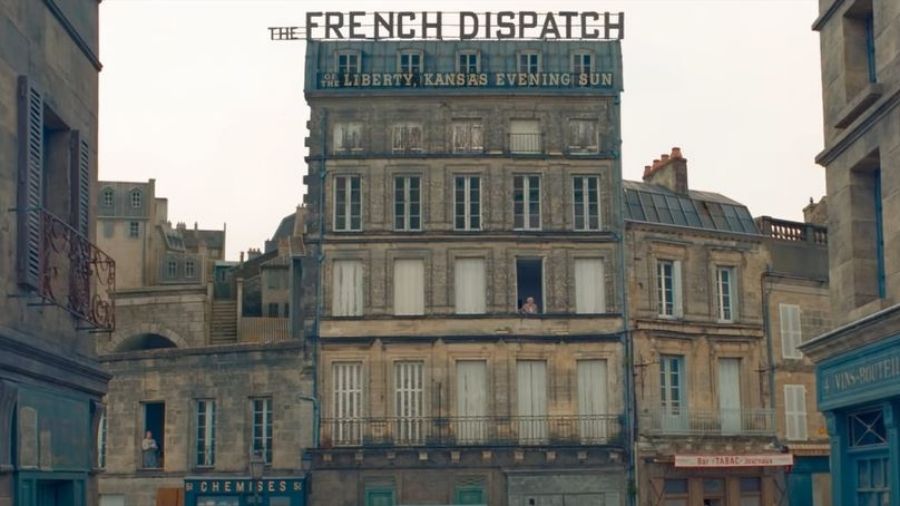‘Dirty Wars’ director says Obama hasn’t been fighting a clean war
May 22, 2013, 6:17 AM | Updated: 11:00 am

“I always imagine Dick Cheney sitting at his ranch in Wyoming sort of saying, ‘This Obama guy is a pretty shrewd operator. He’s better at our game than we are.'”
Investigator Jeremy Scahill wants to dispel the notion, promulgated by the Obama administration, that our current
military operations are somehow “cleaner” than they have been in the past.
“I think a lot of, particularly liberals in the United States really believe that President Obama was going to roll back the Bush-Cheney, what they call their “counter-terror apparatus” and stop torture and close Guantanamo and bring back some semblance of law and order to U.S. war policy,” said Scahill. “As we’ve seen the sort of expansion of drone strikes, we’ve added this portrayal of the war as being somehow “cleaner” than it was the past eight years. So I wanted to push back sort of against that and say even if we’re killing these individual terrorists, in the process of doing it we’re killing a lot of other innocent people and, I think making new enemies. It’s, in fact, a very dirty war.”
Scahill says he’s struck by the degree of liberal hypocrisy here.
“What does it mean in our society when this popular democratic president, who I think a lot of liberals enthusiastically support, is doing something that if a “John McCain” did it, it would be up in arms about it,” said Scahill.
Let alone George (W.) Bush, “People are calling for Bush’s impeachment for torture and using secret prisons and so the kill capture policy has sort of, just become kill. I think part of it is because Obama doesn’t know what to do with these people. If you catch them, do you give them access to our civilian justice system? He doesn’t ever want to stick someone in Guantanamo because it undermines him politically. He can’t ever recognize the legitimacy of Guantanamo.”
The Obama administration’s preference for killing over capturing troubles Scahill, especially when it comes to American citizens, like the notorious Anwar al-Awlaki.
“I think it was quite possible al-Awlaki was engaged in all sorts of nefarious activity, but no evidence was ever
publicly presented. So I became obsessed with this idea in early 2010 that a constitutional law professor by trade, who won the Nobel Peace Prize and was a popular Democratic president, actually was going to assassinate a U.S. citizen who hadn’t even been charged with a crime. So I set out to try and find al-Awlaki and when we were shooting the film al-Awlaki ended up getting killed in a drone strike on Sept. 30, 2011.”
I imagine there were not a lot of tears shed in this country over the death of an American citizen in Yemen who had called for a jihad against America. But Scahill said we should be concerned.
“I would have sympathy for people who said we ought to take him out if he was in Afghanistan shooting at U.S. soldiers. I don’t think it’s a defensible position to say that someone in Yemen who, to our knowledge has never fired a round at a U.S. citizen or a bullet at a U.S. soldier – the idea that he would be sentenced to death before he was charged with a crime was crossing a line. It’s not about who al-Awlaki is, it’s about who we are that matters.”
Who we are, apparently, is a country that would kill al-Awlaki’s son two weeks later in another drone strike. He was a 16-year-old U.S. citizen with no known terrorist involvement. Even if the son’s death was just a case of collateral damage, Scahill said all that collateral damage from drone attacks adds up, in a bad way.
“Sometimes that force, which really is supposed to be used like a scalpel, ends up being used like a sledgehammer – and what’s the impact of that? Even if you kill two terrorists in a building, but you kill 30 other people – is that a net victory?” asked Scahill. “Even for your stated goal of trying to stamp out insurgency – are you making more enemies than you’re killing terrorists? To me that’s a question that we should have asked long ago.”
Scahill says he’s afraid the result of our current policy will be even more terrorist attacks.
“Remember that the current generation of young Pakistani, Somalis, Yemenis, Afghans, they’re growing up in a world where all the United States has represented to them is a perpetual state of war. That mentality will cut very deep. If you’ve lost family members to drone bombing or something else – and you have an actual, legitimate reason you want to fight the United States, that’s going to be very powerful. Revenge is a powerful motivator,” said Scahill. “So I’m really concerned that this is going to come back and boomerang back to our shores. There will be blow-back for what we’ve done. I just feel like we haven’t had the right conversation about what an actual
national security policy would look like.”
“Dirty Wars” should help kick-start that conversation.
The book is available now and the film will screen twice this weekend at the Seattle International Film Festival. Jeremy Scahill will attend both screenings. (May 24 at 7:00pm at Harvard Exit and May 25 at 11:30am SIFF Cinema Uptown)













